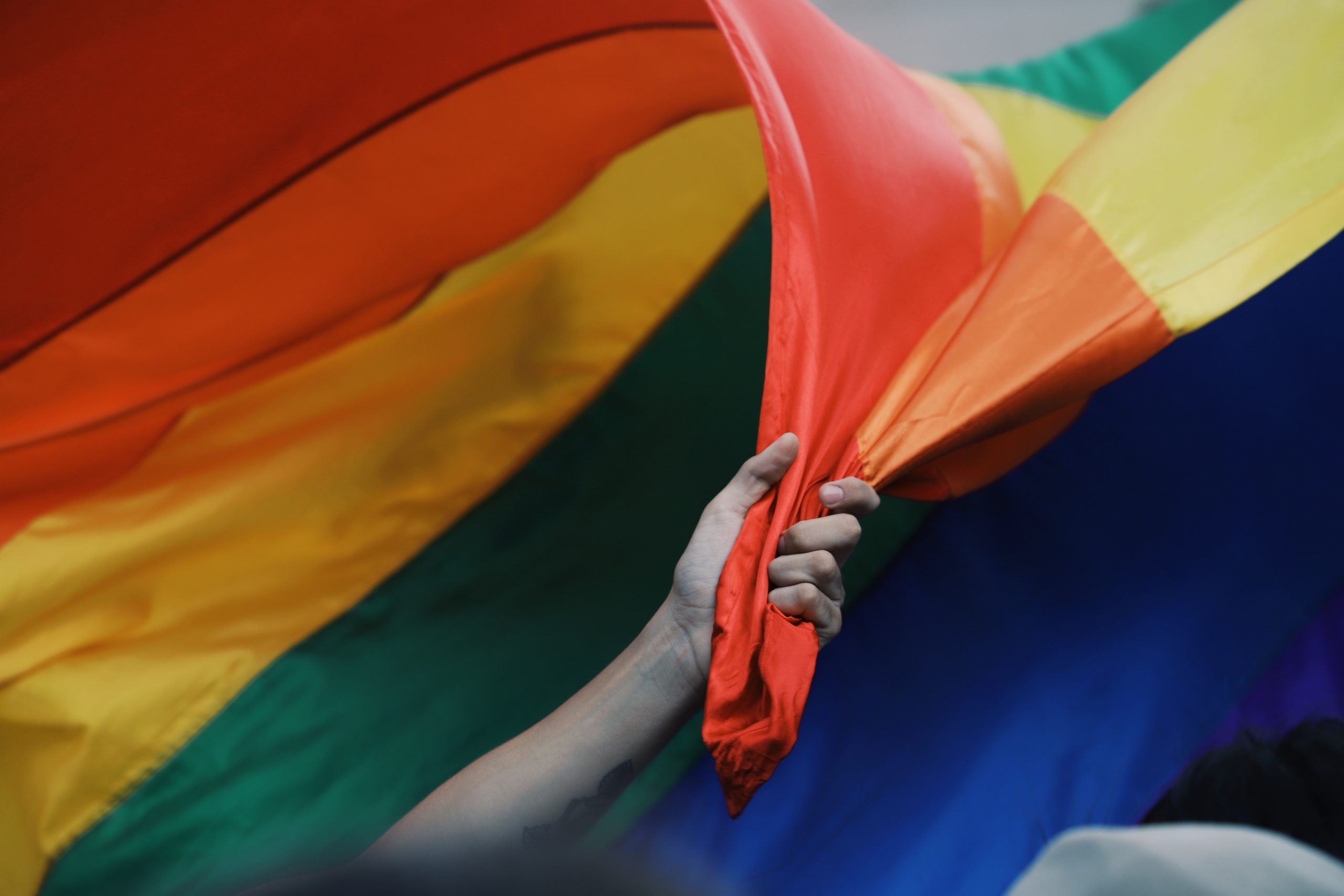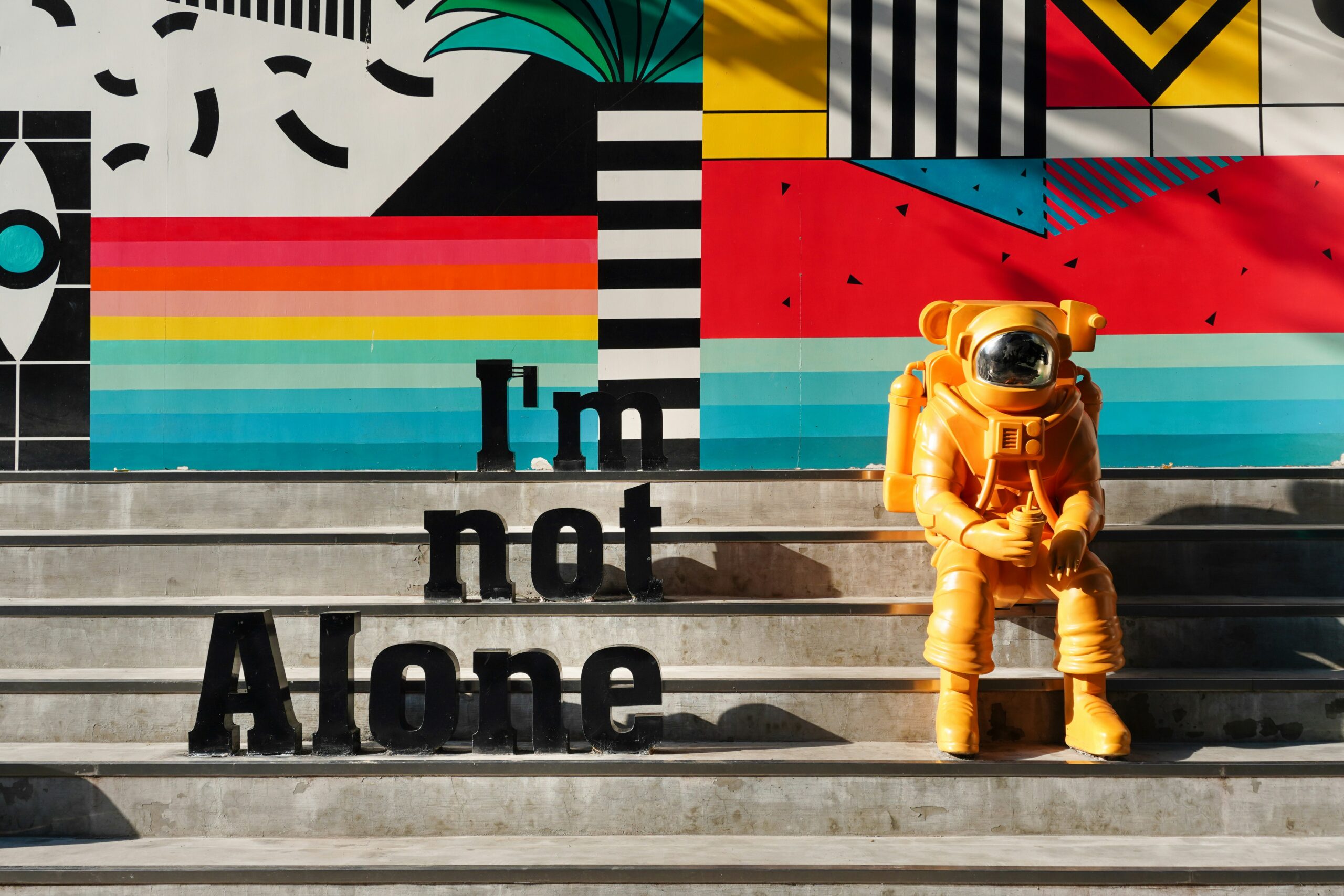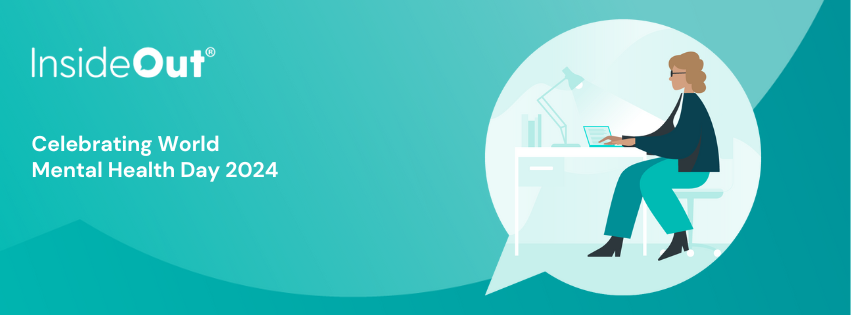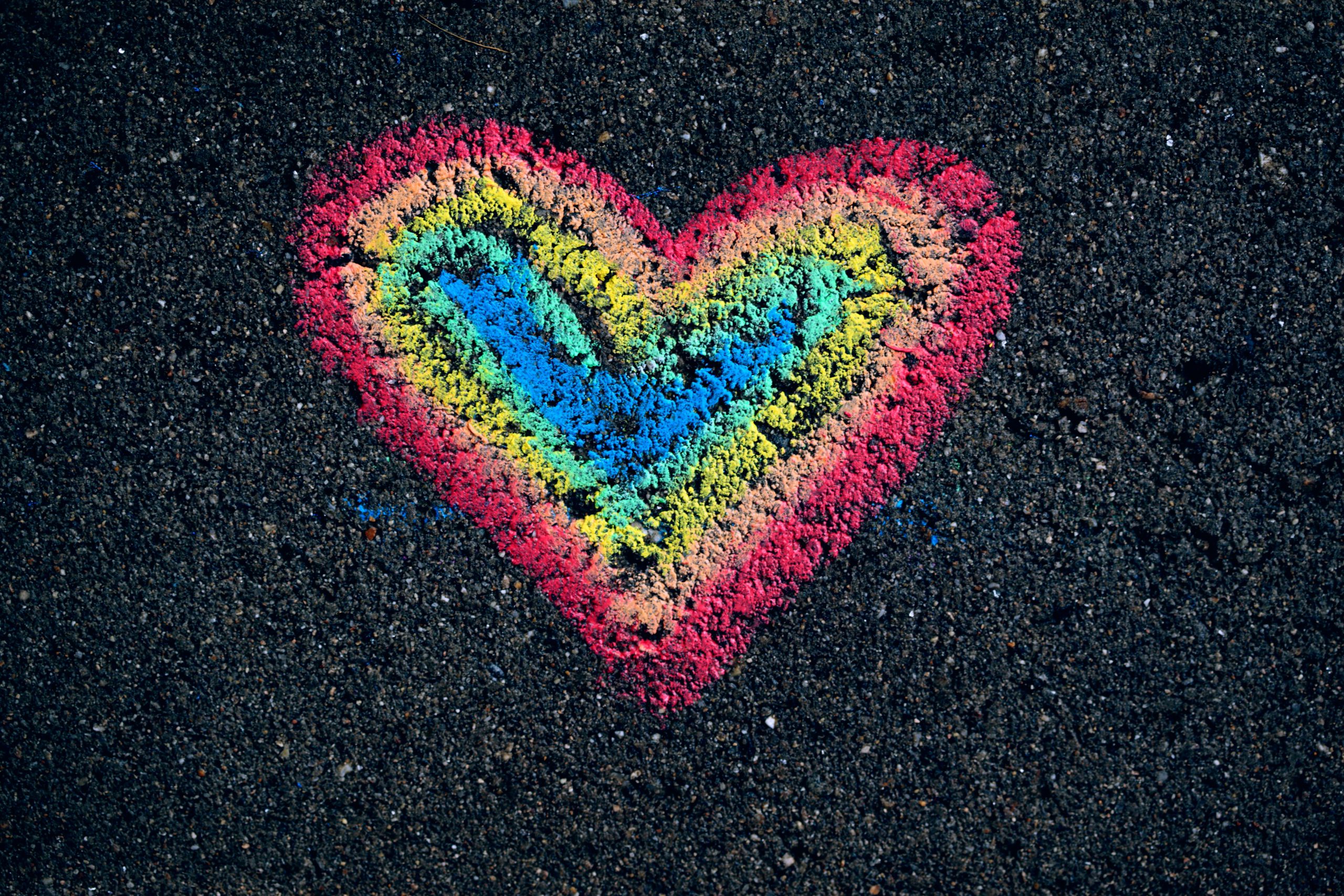Every June in recent history has been celebrated as Pride Month; a month dedicated to recognizing and celebrating LGBTQIA+ communities around the world to promote equality and diversity. This year, Pride Month is specifically special as it marks the 50 year anniversary of the first Pride event held in the UK. The theme for this year’s Pride Month is Art, paying homage to an old, popular Pride slogan, “the personal is political.” Art is one of the most individual pastimes, so this year 5 artists are being celebrated that represent LGBTQIA+. These artists are Keith Haring, Doris Brabham Hatt, Fiore de Henriquez, Jean-Michel Basquiat, and Mark Aguhar, in case you want to discover their artwork!
It’s important to note when discussing mental health, specifically in regards to LGBTQIA+ communities, that just because someone identifies as a member of the LGBTQIA+ community, it does not mean that they automatically have mental health issues. However, statistically speaking, they may be at a higher risk of experiencing poor mental health, which is important to acknowledge. The following statistics showcase how high risk these rates are for poor mental health in LGBTQIA+ individuals:
- 50% of LGBTQIA+ individuals experience depression.
- 13% of LGBTQIA+ individuals ages 18-24 have attempted suicide.
- 41% of non-binary individuals, 20% of LGBTQIA+ women, and 12% of LGBTQIA+ men have reported that they have harmed themselves within the past year.
- 50% of trans individuals have thoughts of suicide.
- 23% of LGBTQIA+ individuals have witnessed discriminatory or negative remarks against LGBTQIA+ individuals by healthcare staff.
- 14% of LGBTQIA+ individuals avoid treatment out of fear of discrimination.
LGBTQIA+ individuals may be at a higher risk of poor mental health for a number of reasons, from social to psychological to biological and many others. Also, LGBTQIA+ individuals are affected by unique risk factors that heterosexual individuals likely are not. LGBTQIA+ individuals are at risk of hate crimes, bullying, and discrimination in healthcare due to their sexual orientation or identity. Also, due to the inherent ways that society reinforces gender identities that support “heterosexual norms”, such as through the language that is used, gendered stereotypes, or even dicotomous clothes or toys, LGBTQIA+ individuals can experience harm to their mental health.
In order to remove these barriers that lead to mental health risks for LGBTQIA+ individuals, it is important to work towards equality and be accepting of everyone regardless of their sexual orientation or gender identity. That is why opportunities like Pride Month are so important – to celebrate LGBTQIA+ communities and foster environments that work towards equality. Another important step for non LGBTQIA+ members to help work towards full equality and acceptance is to constantly and consistently work to be an ally. An ally is “a person who is a member of the dominant group who works to end oppression in his or her own personal or professional life by supporting and advocating with the oppressed population”(3). It is incredibly important that LGBTQIA+ communities have allies to help support them not only during Pride Month, but also throughout the entire year to help continue to make change. Here are some ways you can work towards becoming a better ally for the LGBTQIA+ community:
- Always take LGBTQIA+ discrimination seriously
- Support LGBTQIA+ charities and businesses that support such charities
- Support public LGBTQIA+ events (there are many during Pride Month!)
- Don’t support organisations that promote hate
- Listen to and respect the language people use to identity, sexual orientation, gender, and relationships
- Avoid derogatory and outdated language
- Avoid making assumptions
- Speak openly about LGBTQIA+ issues and don’t hold back from difficult discussions
- Learn about the history of Gay Pride and the trailblazers who have paved the way thus far
- Be there for your LGBTQIA+ friends and understand the higher mental health risks they face and how that may affect them.
It is never too early or too late to start working towards being an LGBTQIA+ ally! If you believe in equality and fair treatment of all individuals who identify as LGBTQIA+, then you are already on the way to becoming an active ally.
Gaining access to mental health care can be difficult. If you are a member of the LGBTQIA+ community, here are some resources if you are seeking support:
- Switchboard: LGBTQ+ helpline open 10am–10pm every day: 0300 330 0630
- Mindline Trans+: Confidential, emotional, helpline for people identifying as transgender, agender, gender fluid, and non binary: 0300 330 5468
- Albert Kennedy Trust: Charity that supports LGBTQ people ages 16-25 who experience homelessness or a hostile environment https://www.akt.org.uk/how-we-help
- Stonewall: Charity that offers help and advice to LGBTQ members and provides information service lines from 9:30 – 4:30, Monday to Friday: 0800 0502020. https://www.stonewall.org.uk/help-and-advice
- IMANN: Charity that supported Muslim individuals who identify as LGBTQ+ https://imaanlondon.wordpress.com/about/
- Rainbow Noir: Peer support group that provides support and a voice for people of colour who identify as LGBTQ+ http://www.rainbownoirmcr.com/
- Galop: LGBTQ+ anti violence charity which provides support to LGBTQ+ victims and survivors of hate crime and other forms of violence. http://www.galop.org.uk/
- Insideout: Our therapists and coaches can support you via 1-2-1 sessions – for more information contact: [email protected] – https://lettheinsideout.com
For further help and support and to see how we can support you today contact us through the ‘Request a demo’ button. If you already have access to our award winning service then for more hints and tips check-out the InsideOut app or contact us at [email protected]
Author: Sydney Perks, Content Contributor at InsideOut
Resources
- Clayton, Hannah. “Why is the LGBTQ+ community disproportionately affected by mental health problems and suicide?” NHS Choices, NHS, 08 Oct. 2022, www.gmmh.nhs.uk/news/why-is-the-lgbtq-community-disproportionately-affected-by-mental-health-problems-and-suicide-4240/.
- Finnis, Alex. “When LGBT History Month Is, the Theme for 2022 and How to Get Involved.” Inews.co.uk, 01 Feb. 2022, https://inews.co.uk/news/lgbt-plus-history-month-2022-what-dates-theme-uk-events-how-involved-february-1435499
- Liopetriti, Yiota. “LGBTQ Pride Month – 8 Steps to Being a Better Ally.” ShelterBox, 06 June 2022, www.shelterbox.org/news/blog/being-better-allies-practical-steps/.
- Rosemary. “LGBT in Britain – Health.” Stonewall, 07 Nov. 2018, www.stonewall.org.uk/lgbt-britain-health.
- “Wellbeing.” Stonewall, 5 June 2020, www.stonewall.org.uk/wellbeing.






